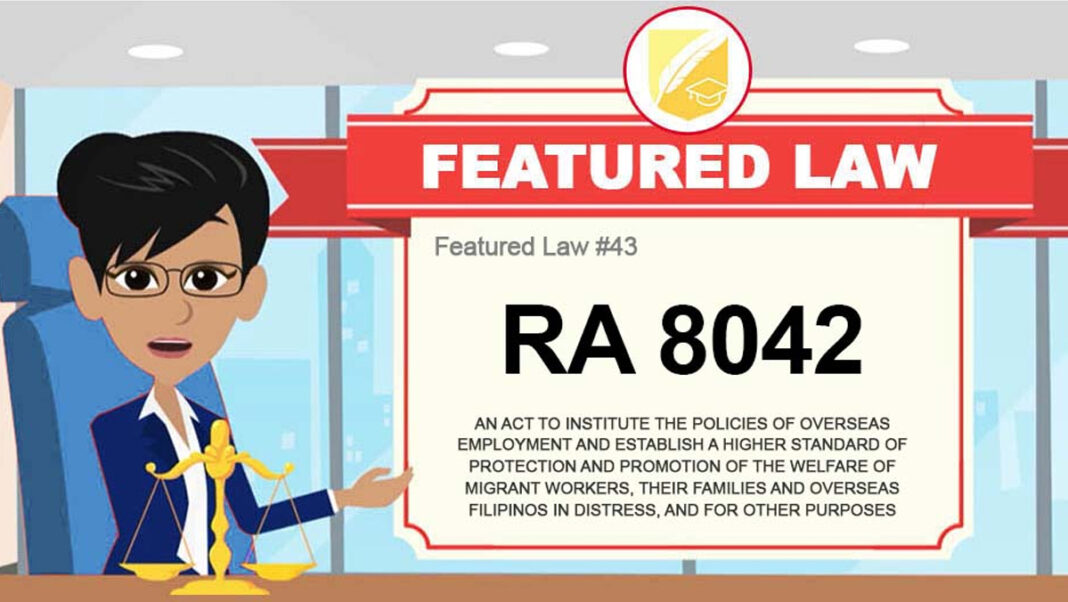APPROPRIATE and sound migration policies are crucial in promoting the welfare of overseas Filipino workers (OFWs).
This was pointed out by Department of Foreign Affairs (DFA) Assistant Secretary for Migrant Workers Affairs Paul Raymund Cortes during a webinar recently organized by the Philippine Institute for Development Studies (PIDS).
Cortes underscored the importance of being meticulous and scientific in gathering data and information to develop appropriate policies. He noted that Philippine foreign service posts, through embassies and consulates, as well as labor offices abroad, could play a role in this.
He highlighted that the DFA, in coordination with other relevant agencies, has continuously evolved its policies to provide appropriate repatriation and reintegration assistance to migrant workers.
With the COVID-19 pandemic, for instance, Cortes said that the DFA brought home 459,000 migrant workers since March 2020 through the agency’s Assistance to Nationals (ATN) program.
“We have also organized over a hundred repatriation flights, bringing home 30,000 to 40,000 overseas Filipinos through special commercial repatriation flights or Bayanihan flights,” he said.
Cortes mentioned that the DFA also provided other forms of assistance to distressed migrant workers abroad. These include welfare and rescue assistance, shipment of remains and personal belongings, hospitalization, medical assistance, and legal assistance and representation.
In addition, the DFA has worked on raising awareness of proper legal procedures set by relevant government agencies such as the Philippine Overseas Employment Administration, as these would allow migrant workers to enroll in the country’s various social protection schemes.
In terms of establishing multiple bilateral agreements with other countries, Cortes noted that the country has demonstrated its commitment to the migrant profession by participating in the consultation and implementation of the Global Compact for Safe, Orderly and Regular Migration (GCM).
The GCM is the “first intergovernmentally negotiated, nonbinding instrument that serves as a comprehensive framework approach to international migration”. Cortes added that through this commitment, the Philippines, as a champion country, will help raise awareness of basic migrant rights and protection.
According to Cortes, Republic Act 11641—the law creating the Department of Migrant Workers—supports the fulfillment of the 23 objectives of the GCM.
“This means that the GCM becomes a part of our legal environment when it comes to migration, in addition to existing policies pursuing fair and ethical recruitment, work mobility, and human rights for all our overseas Filipinos,” he said.
In his closing statement, Cortes said that studies on migrant workers help the government in coming up with appropriate policies for OFWs.
“We cannot emphasize enough how much the DFA needs studies like these to make our policies worthwhile, beneficial, and relevant to overseas Filipinos,” Cortes concluded.|-BNN/pr

















